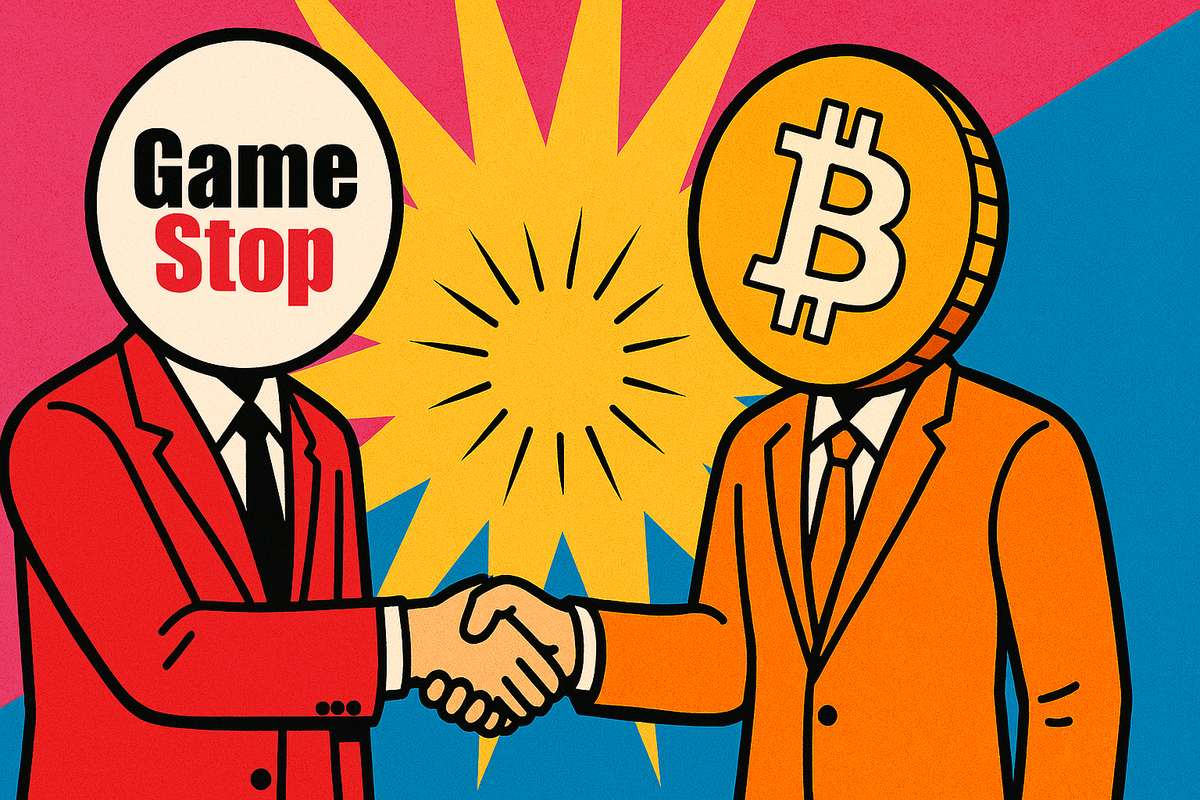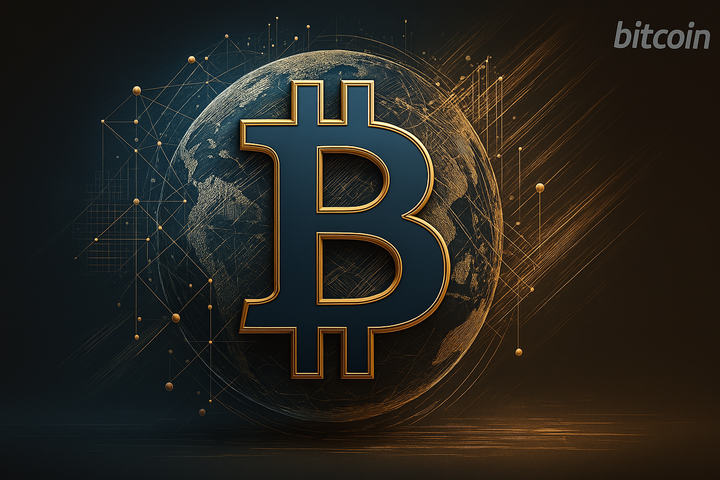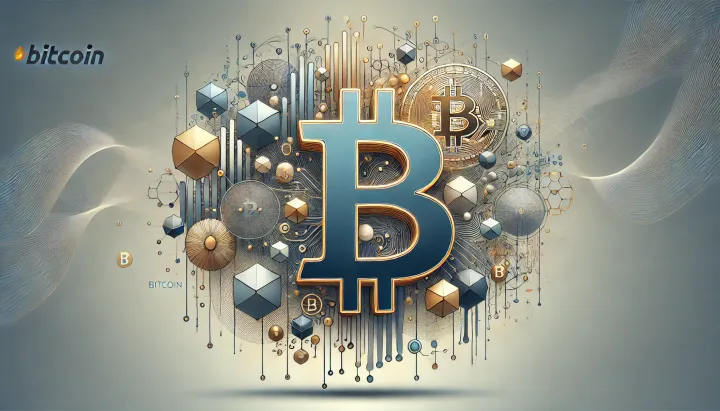GameStop’s $4.6B Cash-to-Bitcoin Shift: Strategic Implications
On March 28, 2025, The Last Trade panel discussed GameStop’s filing to deploy a portion of its $4.6 billion cash reserve for Bitcoin acquisition, examining execution uncertainties, market liquidity impacts, and the asset’s role as an inflation hedge.

- My 'briefing notes' summarize the content of podcast episodes; they do not reflect my own views.
- They contain (1) a summary of podcast content, (2) potential information gaps, and (3) some speculative views on wider Bitcoin implications.
- Pay attention to broadcast dates (I often summarize older episodes)
- Some episodes I summarize may be sponsored: don't trust, verify, if the information you are looking for is to be used for decision-making.
Summary
On March 28, 2025, The Last Trade panel discussed GameStop’s filing to deploy a portion of its $4.6 billion cash reserve for Bitcoin acquisition, examining execution uncertainties, market liquidity impacts, and the asset’s role as an inflation hedge. The conversation also explored comparative corporate treasury practices and the evolving stable coin landscape. These themes underscore a potential paradigm shift in corporate treasury management and broader market dynamics.
Take-Home Messages
- GameStop Treasury Execution: GameStop’s filing to purchase Bitcoin highlights ambitious treasury repositioning but leaves many operational details unresolved.
- Liquidity and Volatility: Large-scale corporate Bitcoin purchases may inject significant liquidity, potentially driving notable price fluctuations.
- Inflation Hedging: Bitcoin is increasingly viewed as a strategic tool to counter rapid monetary expansion and safeguard purchasing power.
- Corporate vs. Individual Accumulation: Shifts toward corporate Bitcoin holdings could alter market decentralization and distribution dynamics.
- Stable Coin and Custody Challenges: Emerging stable coin projects and custody complexities emphasize the need for robust operational frameworks.
Overview
The Last Trade panel opened by examining GameStop’s recent filing to use a segment of its $4.6 billion cash reserve for Bitcoin acquisitions, emphasizing the strategic promise amid unclear execution details. Panelists noted that while the move signals a new approach to treasury management, the operational roadmap remains largely undefined.
The discussion then focused on the potential market liquidity impact of such a large-scale Bitcoin purchase. The panel compared these dynamics to past institutional accumulations, stressing that significant cash injections could lead to both growth opportunities and short-term volatility.
Attention shifted to the evolving balance between corporate and individual Bitcoin accumulation. Panelists debated how institutional moves could reshape Bitcoin’s distribution, potentially influencing decentralization trends over time.
Lastly, macroeconomic factors such as inflation and money supply expansion were explored, with panelists arguing that Bitcoin might serve as an effective hedge. The conversation also touched on the challenges facing stable coin initiatives built on non-Bitcoin blockchains, emphasizing risks of centralization and operational vulnerabilities.
Stakeholder Perspectives
- Corporate treasurers may view this strategy as a means to optimize balance sheets and hedge against inflation.
- Institutional investors could see opportunities in enhanced market liquidity and strategic positioning.
- Regulators and policymakers might focus on potential systemic risks arising from large-scale Bitcoin purchases.
- Individual investors are likely to scrutinize execution details to assess long-term market confidence.
- Digital asset firms may leverage these trends to innovate and expand their suite of financial products.
Implications and Future Outlook
The panel’s insights indicate that corporate treasury strategies integrating Bitcoin could redefine traditional cash management approaches. Clarity in execution and supportive regulatory frameworks will be essential to mitigate potential market volatility. Stakeholders must adapt to these evolving operational paradigms to harness emerging opportunities.
Large-scale liquidity injections from corporate Bitcoin purchases may alter market dynamics significantly. While these moves could spur growth, they also raise concerns about short-term price stability, demanding robust risk management from both investors and regulators. Ongoing monitoring of liquidity trends will be critical.
Bitcoin’s emerging role as an inflation hedge could reshape asset allocation strategies among corporations and individuals alike. As fiat currencies face mounting debasement, Bitcoin may increasingly be adopted to protect purchasing power. This shift, combined with evolving treasury practices, promises to influence broader economic policy and market behavior.
Information Gaps
- What factors will determine the successful execution of GameStop’s Bitcoin treasury strategy? This question is critical because clarifying operational, financial, and strategic considerations will help stakeholders assess the viability of corporate treasury moves.
- How will large-scale Bitcoin purchases by corporations affect market liquidity and price dynamics? Addressing this is vital for understanding potential systemic risks and opportunities arising from significant liquidity injections.
- What role can Bitcoin play in protecting against inflation in a rapidly expanding money supply environment? This inquiry is pivotal for evaluating Bitcoin’s function as a hedge and its implications for preserving purchasing power.
- What challenges do stable coin projects face when built on blockchains other than Bitcoin? This question examines technical and operational hurdles that could impact the reliability and integration of stable coin initiatives.
- What technological innovations are necessary to enhance the security of large-scale Bitcoin custody? This inquiry is essential for ensuring robust infrastructure to support growing corporate Bitcoin holdings and mitigate operational risks.
Broader Implications for Bitcoin
Institutional Legitimacy and Global Reserve Shifts
Corporate adoption of Bitcoin through treasury strategies could elevate Bitcoin’s standing as a recognized reserve asset globally. This may prompt central banks and governments to re-examine their own reserve policies in light of growing institutional confidence. Over time, such shifts could recalibrate global financial power dynamics, integrating digital assets into traditional monetary frameworks.
Market Structure Transformation
The influx of corporate capital into Bitcoin may redefine market liquidity and price formation mechanisms beyond current retail-driven dynamics. Institutional participation can lead to more predictable market behavior and influence long-term valuation benchmarks. However, this trend may also risk concentrating Bitcoin ownership, challenging its foundational decentralized ethos.
Innovation Acceleration in Custody and Infrastructure
The need to securely manage large-scale Bitcoin holdings is likely to spur rapid advancements in custody solutions and blockchain infrastructure. Enhanced security protocols and interoperability measures could emerge, benefiting not only Bitcoin but the broader digital asset ecosystem. These technological innovations may pave the way for novel financial products and drive the evolution of digital asset services.
Geopolitical Rebalancing Through Digital Assets
Widespread corporate adoption of Bitcoin could contribute to a gradual rebalancing of global economic power away from traditional fiat-centric systems. As nations observe the strategic benefits of holding digital assets, there may be increased pressure to diversify national reserves. This evolution has the potential to reshape geopolitical alliances and influence international monetary policy debates.



Comments ()